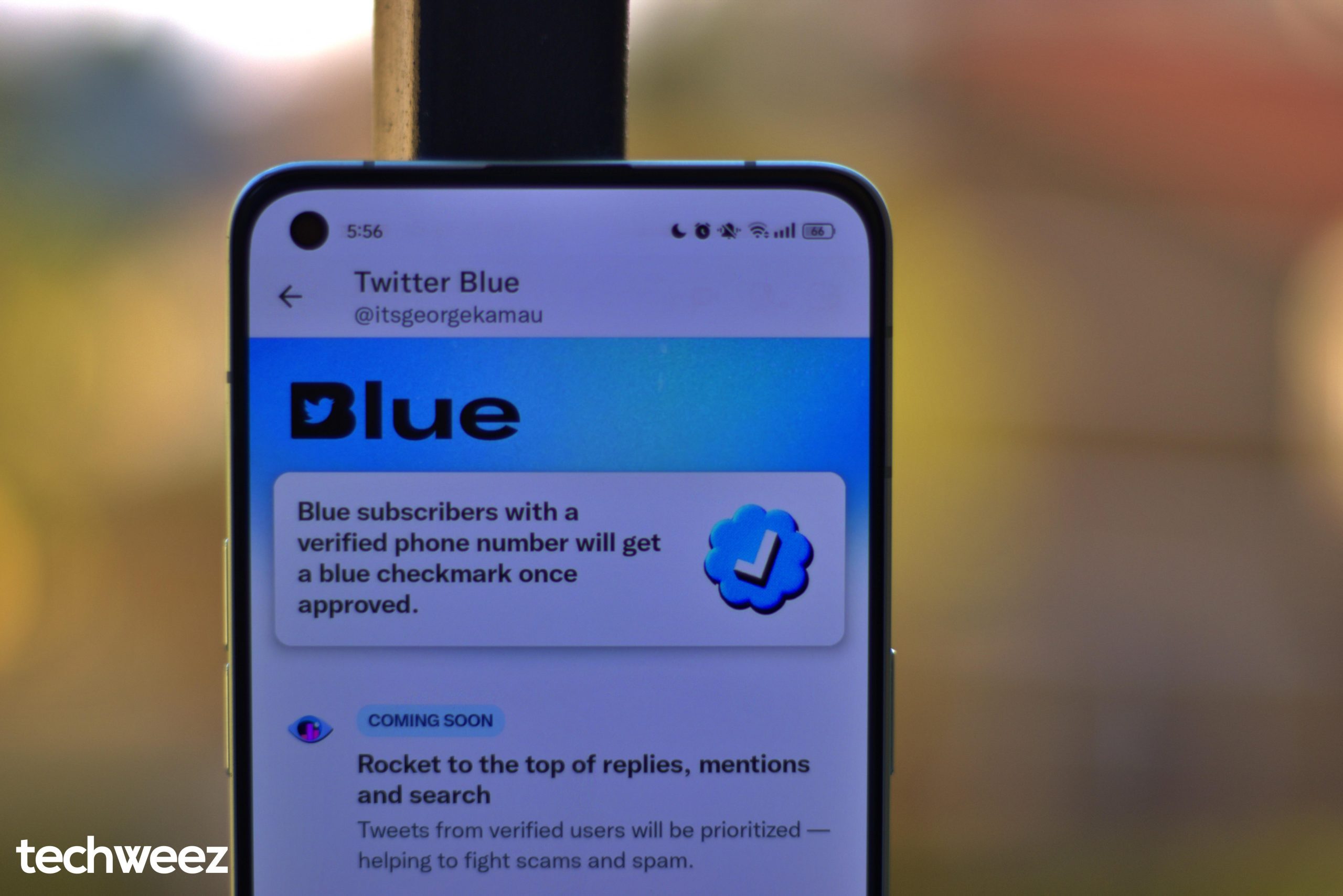In the recently published Digital Quality of Life (DQL) Index, cybersecurity corporation Surfshark ranked 110 countries based on their overall digital wellbeing.
On the whole, the evaluation considered 90% of the global population, amounting to 6.9 billion people.
Furthermore, the assessment determined that low and lower- and middle-income countries have to work four times more for four times slower broadband internet and almost five times more for three times slower mobile connection than high-income countries.
That is not all because according to the study, and on average, people in low and lower-middle-income countries have to work more than 20 minutes 19 seconds per month to afford the cheapest 1GB of mobile internet.
In contrast, people in high-income countries have to spend only 4 minutes 7 seconds, 4.9 times less than people in low-income countries.
In addition, high-income countries have access to almost three times faster mobile internet connections at 61.41 Mbps than low- and lower-middle-income countries at 21.33 Mbps.
The situation is even more troubling when it comes to broadband internet access.
Specifically, people in low and lower-middle-income countries spend approximately 11 hours 10 minutes per month for the cheapest broadband package, 4.2 times more than people in high-income countries (2 hours 41 minutes).
The data also shows that the average broadband internet connection speed in high-income countries is four times higher (113.19 Mbps) than in low and lower-middle-income countries (28.53 Mbps).
Data from the exercise revealed that in some countries, such as Nigeria, Côte D’Ivoire, and Mali, people require approximately a week’s worth of work to afford the internet.
Consecutively, internet quality in said countries stands at the lowest end of the index.
For example, Nigeria has one of the slowest broadband internet networks globally (13.45Mbps), ranking 105th out of 110 index countries and 96th in worst mobile connections at 17.91 Mbps.
“Digital opportunities have proved to be more important than ever during the COVID-19 pandemic, stressing the importance for every country to ensure fully remote operational capacities for their economies,” says Vytautas Kaziuokonis, CEO of Surfshark. “However, internet accessibility varies greatly in quality and affordability depending on where we live, revealing deep inequalities between low and high-income countries.”
Nigeria has one of the slowest broadband internet networks globally (13.45Mbps), ranking 105th out of 110 index countries and 96th in worst mobile connections at 17.91 Mbps.
Generally speaking, there is a wide internet speed gap between countries at the top and the bottom of the internet quality pillar. For instance, Bangladesh’s mobile internet speed (11 Mbps) is only 8% of the United Arab Emirates (145 Mbps).
There is an even bigger gap in bandwidth speeds: the world’s slowest internet (5 Mbps in Algeria) performs at only 2% compared to the fastest (230 Mbps in Singapore).
Nevertheless, many countries have shown massive improvements in internet speeds since the beginning of the COVID-19 pandemic.
Besides, as economies quickly shifted and adapted to the situation, as much as 40% of the researched countries improved their mobile internet speed by more than 50%.
Broadband internet speeds grew less than mobile in most countries, yet 8 out of 110 countries managed to double their broadband speeds.
You can find the raw data about the research below.

















